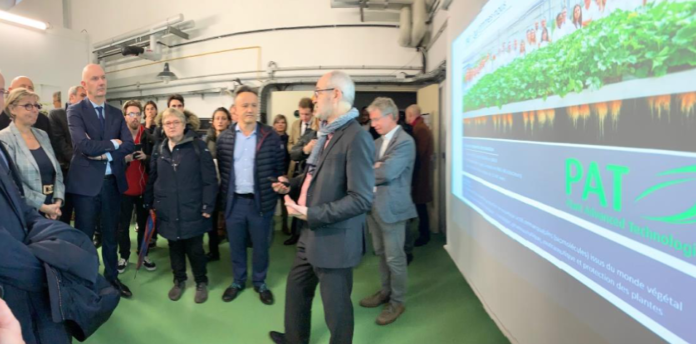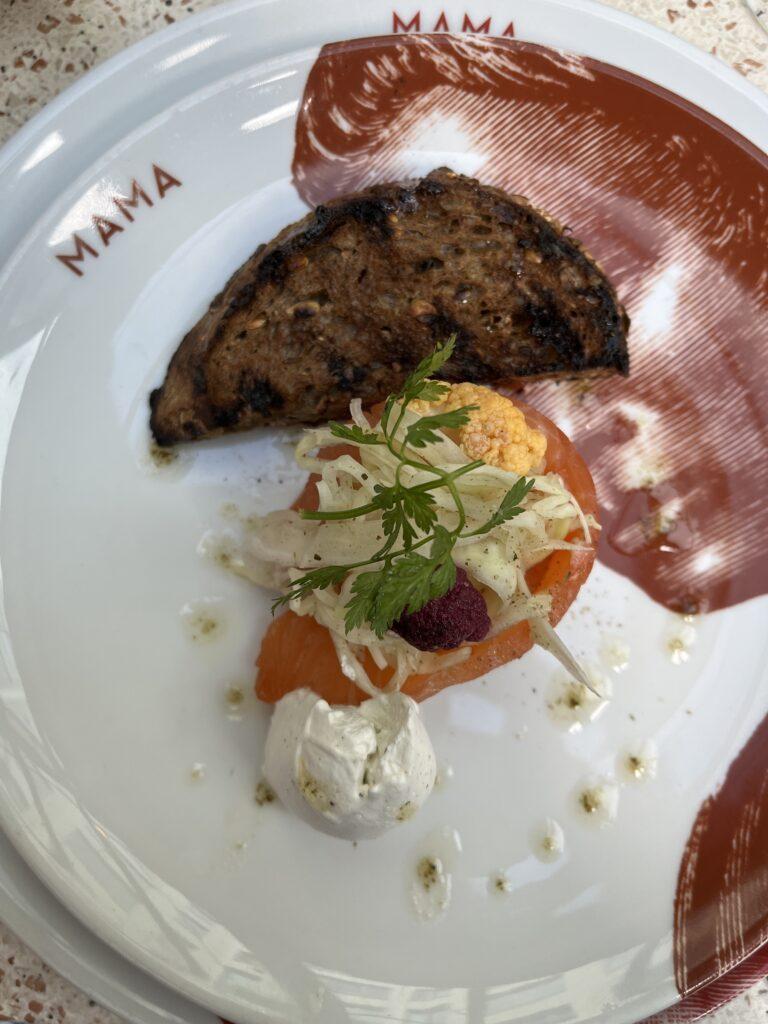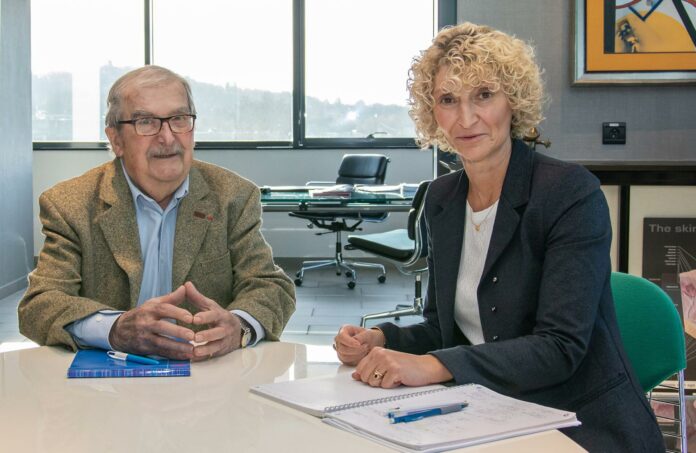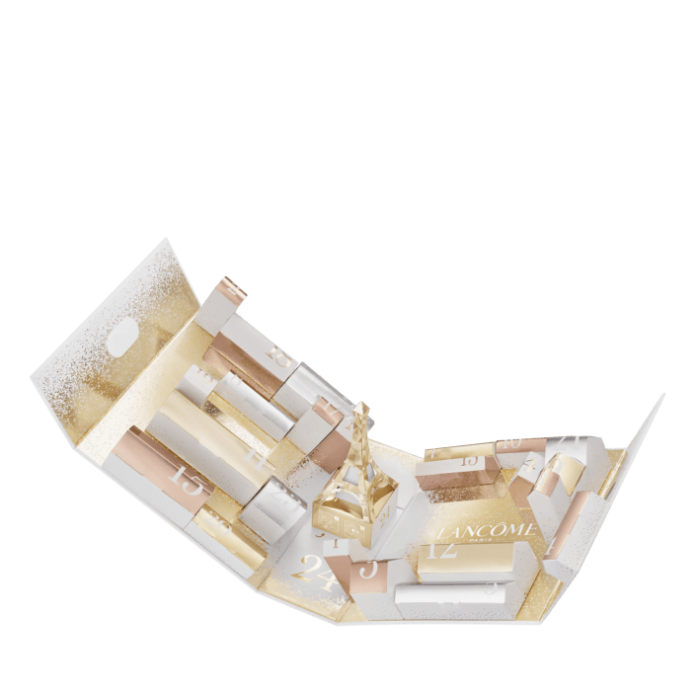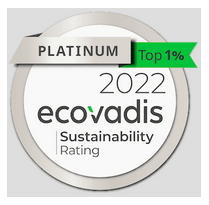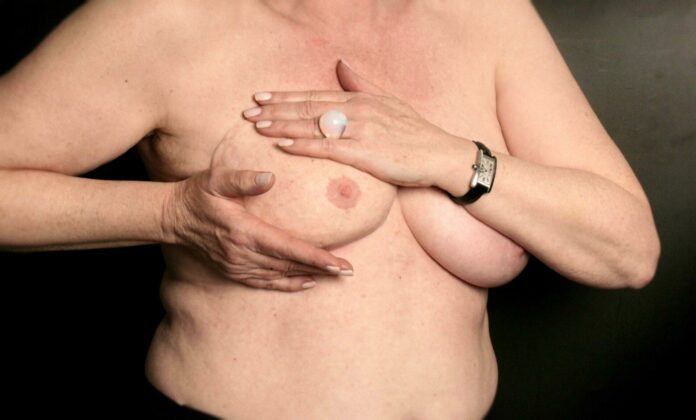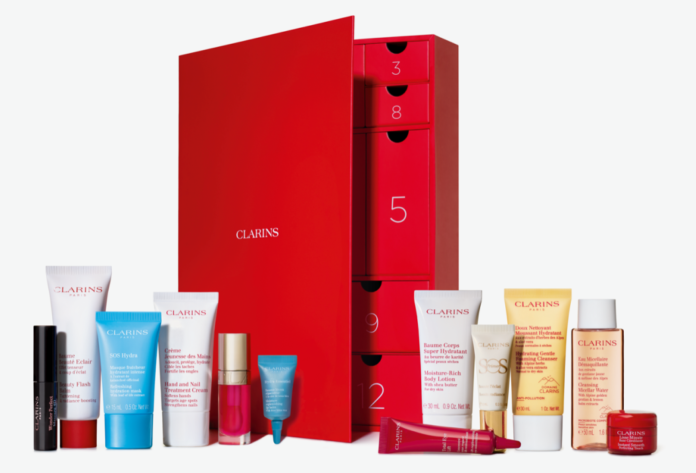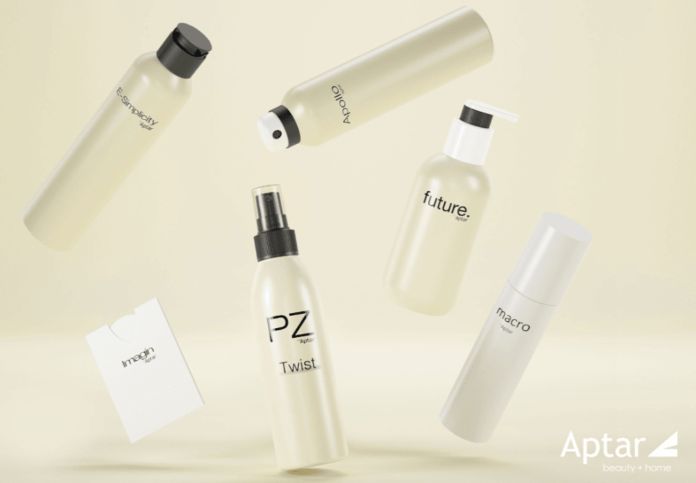At the Cosmet'Agora trade show on January 10 and 11, 2023, Seppic presented its new collection of seven formulas based on the "Blue Beauty" trend.
Blue Beauty highlights the interconnection between people and their environment, and how each can interact with the other. Sustainable development must be holistic, cooperative and take into account all stakeholders, from the use of raw materials to the use of the final product. The aim of Blue Beauty is to respect and preserve nature, particularly the oceans, while offering high-performance, safe and innovative beauty products.
The formulas presented at Cosmet'agora 2023 have been developed to inspire formulators in three ways:
1 - Use less water. For this purpose, Seppic offers an oily formula and an anhydrous balm. The balsam was entered in the Cosmet'agora formulation competition for its multi-purpose moisturizing, purifying and deodorant potential with high naturality (> 99 % according to Iso 16128). This melting formula is made up of just over 50 % of Emogreen L19 and 10 % of Sepifine BB, two texturizing agents providing a light, non-greasy feel, despite its anhydrous composition.
2 - Protecting the oceans from pollution. In response, Seppic has created two formulas. The first, a reconstitutable powder shower gel, features easily biodegradable ingredients including Proteol APL EF, a mild anionic surfactant inspired by the characteristic aminogram of apples, and generates a creamy lather. The second, an SPF 50 sun cream with fat-soluble UV filters, is formulated with Sensanov WR, an emulsifier with film-forming and water-resistant properties.
3 - More transparent sourcing. The three formulas feature active ingredients sourced in Brittany at Seppic's Pontrieux site. Codiavelane BG PF, a green seaweed extract with moisturizing properties, is sourced and produced in the same region, and features a transparent bluish gel formula evoking the ocean. Celtosome Crithmum maritimum and Celtosome Eryngium maritimum are derived from Celtosome plant cell culture technology. Developed from criste marine and panicaut maritime respectively, they target skin regeneration and radiance, and are perfectly integrated into a texture for mature skin. Finally, a spa treatment formula with Breton seaweed flakes completes the kit.
Over the last few decades, the beauty industry has evolved to take greater account of consumer concerns about safety, health and the environment. Blue Beauty is the latest step in this evolution.





